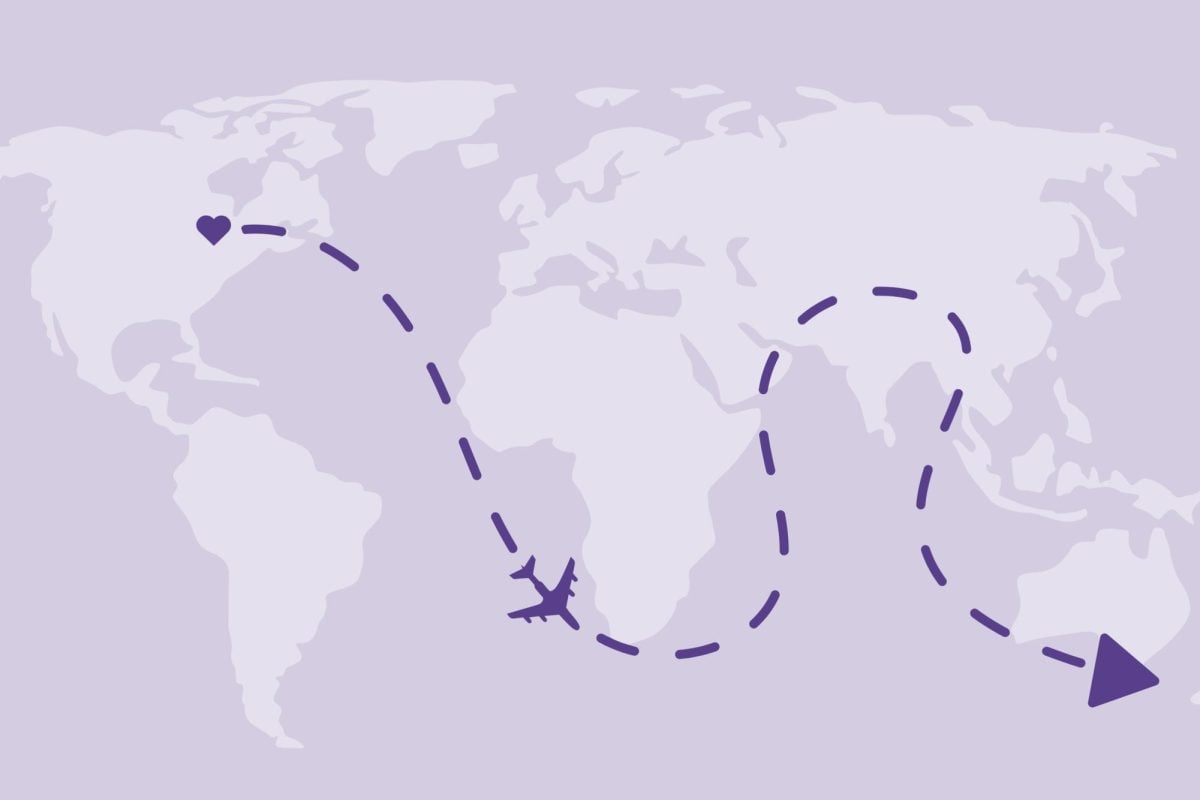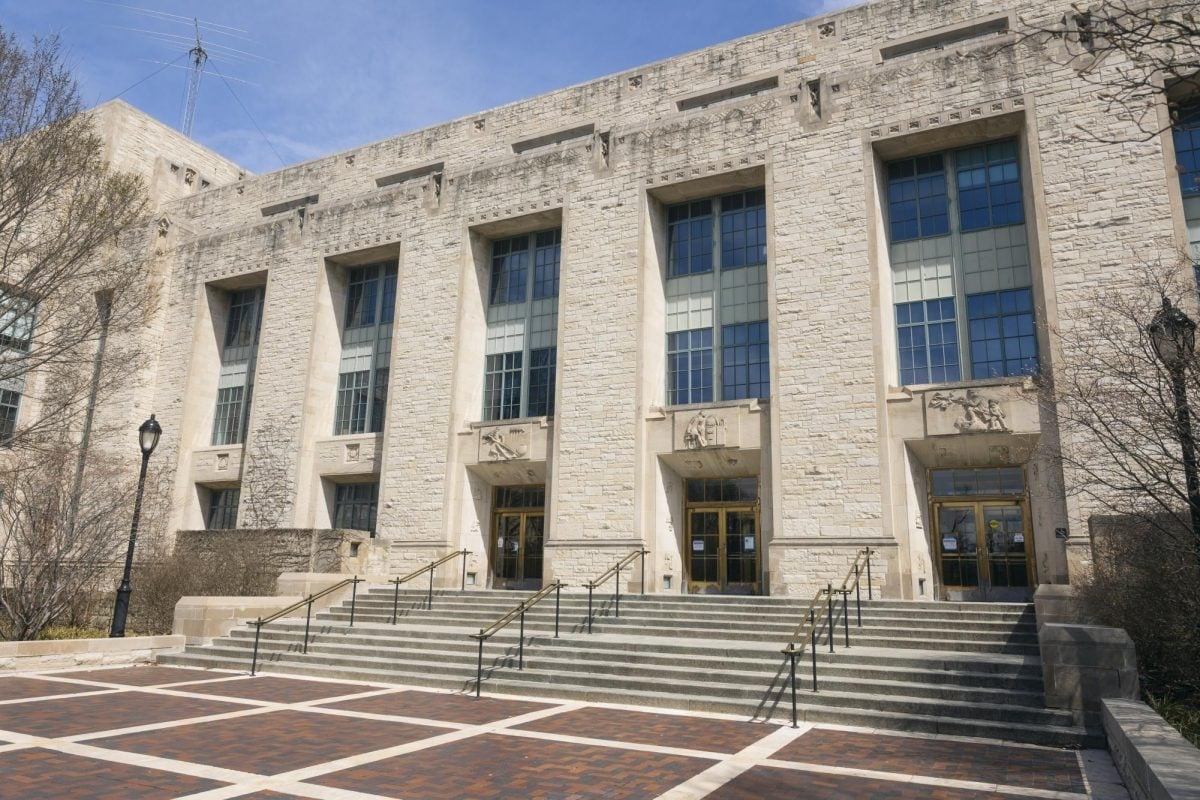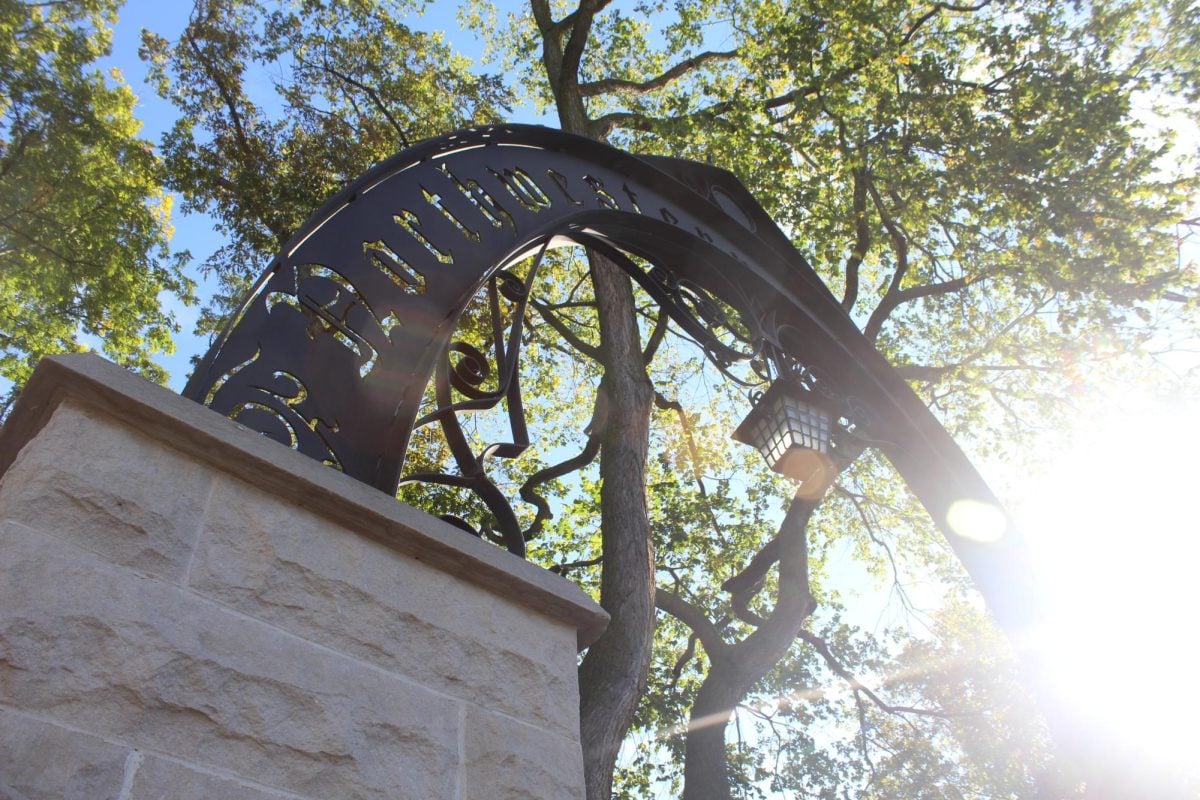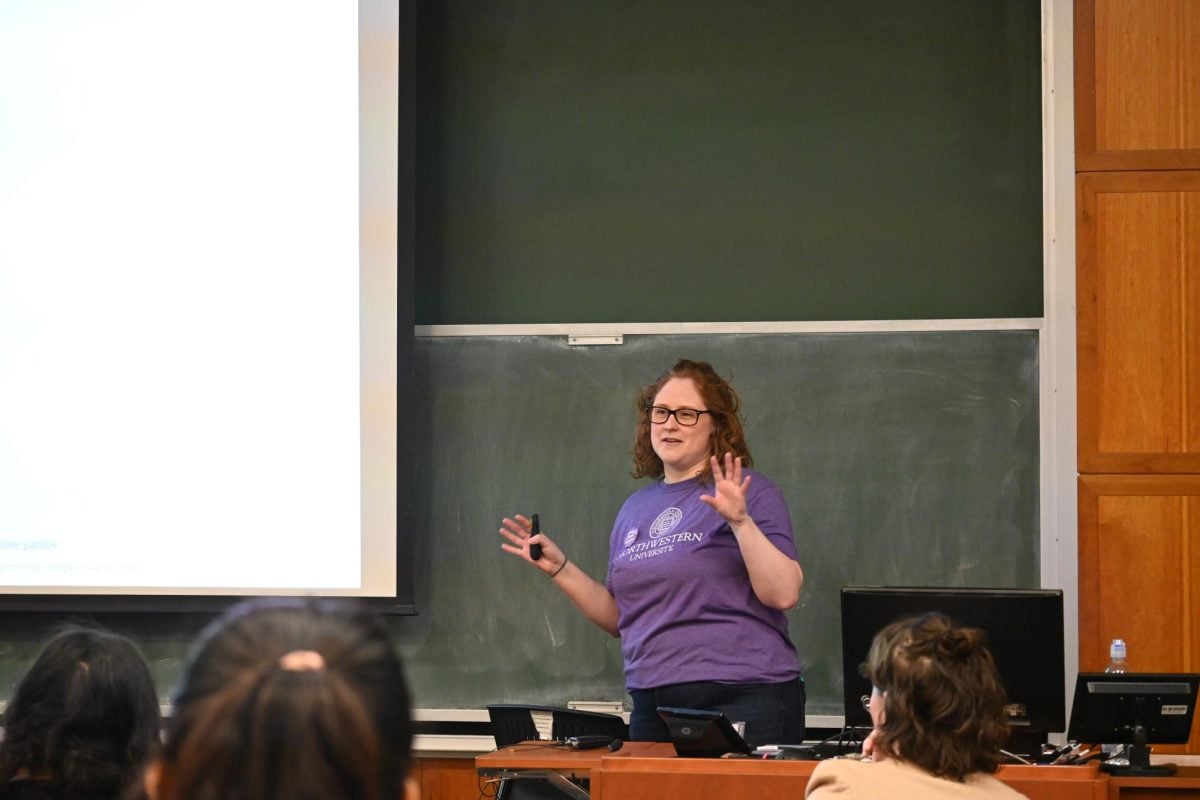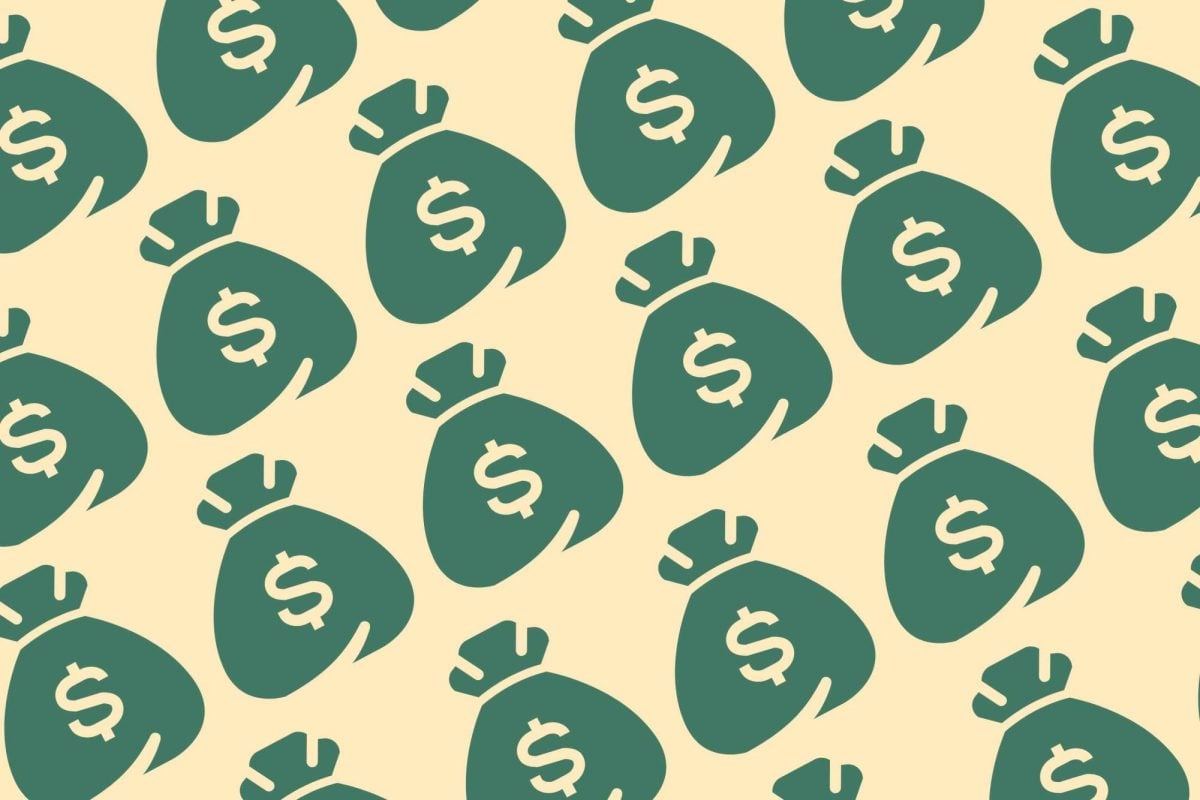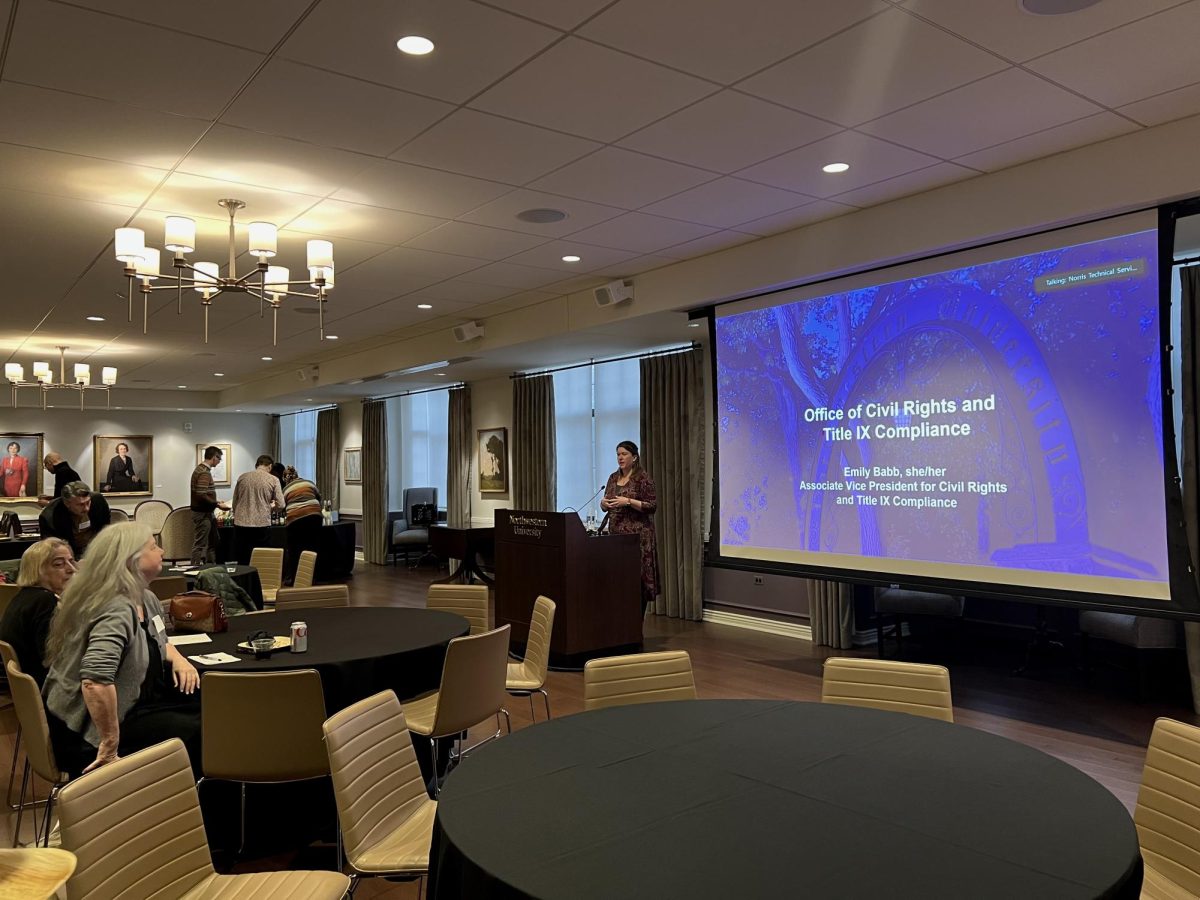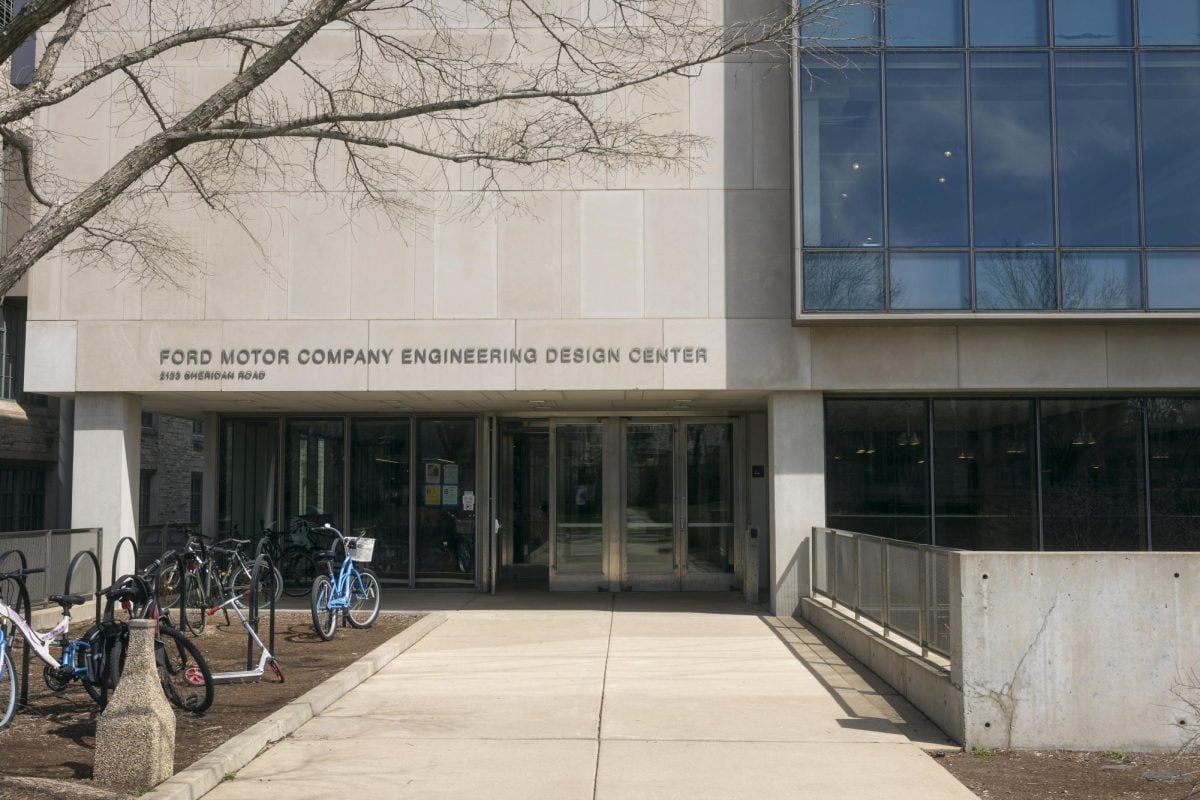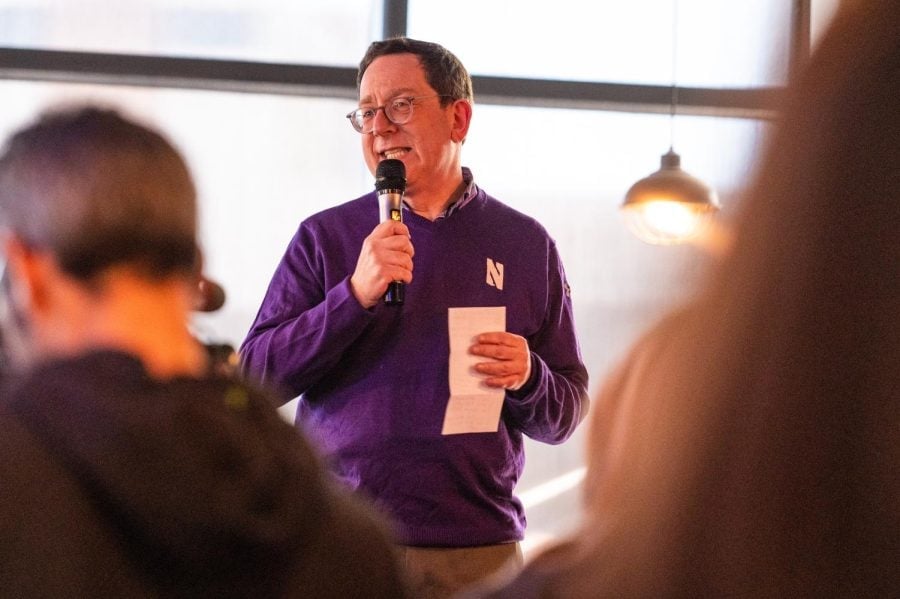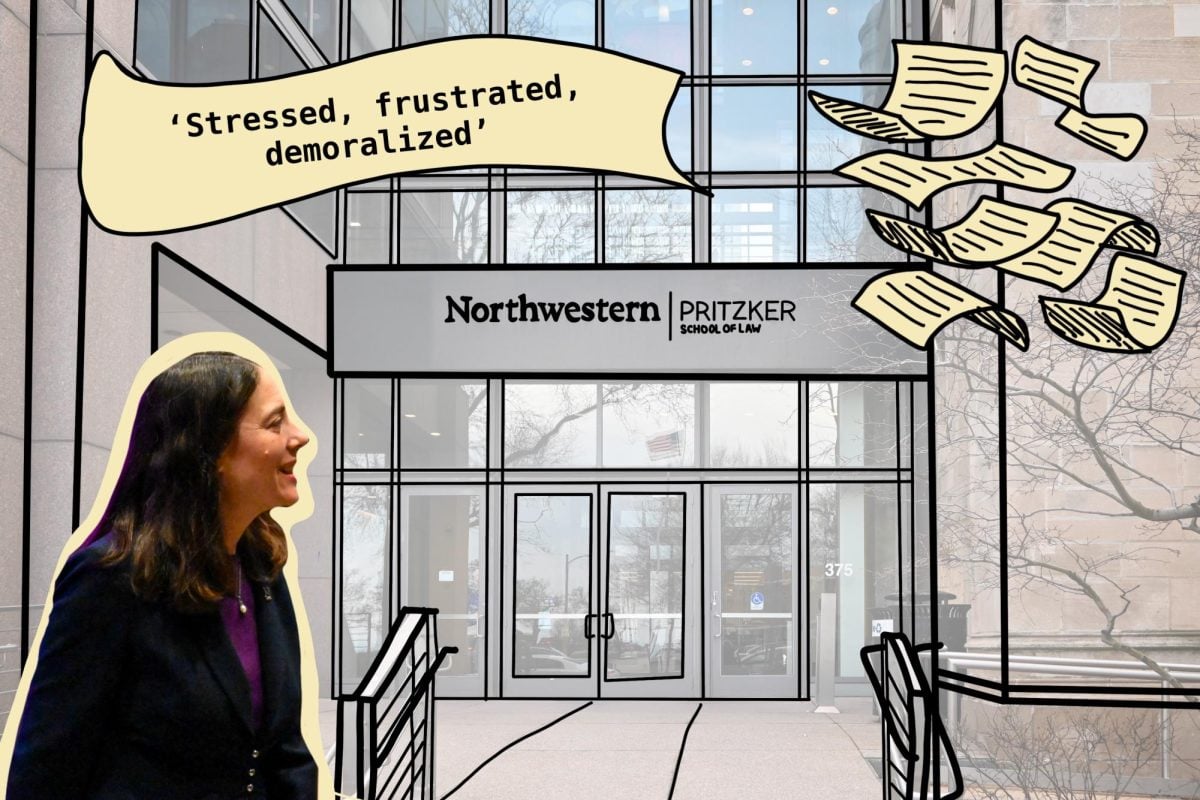Following a national trend of scanning texts into digital formats at university libraries, Northwestern’s library has been working over the past few years to implement similar initiatives.
What began as an effort by the Library of Congress during the 1990s to establish a nationwide electronic collection of books, music scores, maps and manuscripts known as “American Memory” has grown into a challenge for libraries across the country.
Harvard University’s Berkman Center for Internet & Society said last month it would begin planning a program for both public and private groups looking to participate in this effort.
NU Dean of Libraries Sarah Pritchard said the University is working on digitizing collections, in part, as a collaboration with the Google Books Library Project. Google is working with major libraries to include books in an online catalog in a format that is easily readable and accessible for users, especially when they are searching for texts that may no longer be in print. Pritchard said NU’s libraries are also working with HathiTrust, a digital library that aims to preserve culture and keep it available for future use.
Pritchard said this is something the library has always wanted to do.
“This has been in progress for quite a number of years,” she said. “It’s clear that people have a great demand for this. And it’s much easier to have access to materials when we can do it electronically.”
Google initiated plans for an American digital public library that has come to include more than 15 million books since its inception in 2004, according to a Jan. 8 article in The New York Times. Harvard, Cornell University and the University of Michigan are among the colleges and universities that have cooperated in the collection, according to the article.
Robert Darnton, director of the Harvard University Library, is among those who began the digital initiative with the Berkman Center. He said in The New York Times article that he wanted to create a “gigantic digital library that would make the cultural heritage of the country available to everyone.”
While older, rare and more specialized books are currently being scanned and digitized into electronic format, Pritchard said the University is trying to buy newer books in e-book form from publishers, though not all works are currently available.
Pritchard said she appreciates the developments e-books have made. She said e-book readers such as the Amazon Kindle used to have only contemporary and popular novels and now hold more scholarly materials that could be of use to students.
Weinberg sophomore Inhye Lee said she agrees electronic formatting for books would benefit students.
“I guess it would definitely be easier to find books,” she said. “I prefer having physical books but for researching, it’s better. You don’t want to walk out of the library with 10 books; it would be better to have them all online on a PDF.”
Weinberg sophomore Shannon Forrest said she also prefers having a tangible copy of her books and isn’t sure if she would like the transition to using digital books or textbooks. She said she had difficulty selling her Math 220 book this quarter since the textbook is now available online.
“I like to be able to hold it and read it and mark on it,” she said. “I don’t know why you’d want to have your math book online.”
Pritchard said buying e-books was an easy project and something that would continue to occur, as long as they are available to purchase. She said this was also simpler than personally scanning books, which was labor-intensive.
She said while the e-book industry’s cost and technology are evolving fast, it is important to ensure information gets into the hands of faculty and students and remains protected for the future.
“We are a service organization,” Pritchard said. “We have to prepare for the future, but we also have an obligation to get materials right now for what people need right now.”
She said the future of e-books may include multimedia e-books that include 3-D images, moving images, links to other websites and embedded digital information that would normally not be available in printed books.
“It’s an entry way into a whole world of information,” Pritchard said.

